Overview
After two years of choices being restricted, consumers are yearning to break free from their COVID-enforced culinary shackles and feel more in control of their dining habits again. Food, lifestyle and ethics are becoming more interchangeable, and consumers require more persuading from restaurants – whether it is proof of green credentials or the provision of memorable experiential offerings that marry with the zeitgeist of instant gratification.
There were sadly many F&B casualties during the COVID-19 pandemic, with even fine dining restaurants, often seemingly immune to crises, required to re-evaluate and reinvent.
The bankruptcy of celebrated Barcelona-based El Barri restaurant group in 2021 was a high-profile reminder that popularity and critical acclaim are no guarantee of long-term survival.
But fine dining, like much of the food industry, is bouncing back and myriad opportunities have been presented in this post-COVID landscape; those who innovated and evolved have not only stayed afloat but positively flourished.
Many dining establishments have already pivoted towards alternative revenue streams, while others have begun to migrate away from city centres towards suburban locations in anticipation of enduring changes in consumer behaviour.
Expect more blended spaces to emerge, as the traditional physical restaurant premises becomes the exception rather than the norm and dining is at the confluence of different areas of life; our insatiable appetite for health and wellness could see gyms and wellness centres become the town squares of tomorrow – social hubs that require distinctive dining concepts to engage patrons.
More fundamental to the way we consume is the continued rise of veganism – for reasons of both health and planetary protection. In response to this new demand, research into and development of ‘cultured meat’ in laboratories has been accelerated. The desire for food producers and restaurants to be more ethically sound, whether it is sourcing ingredients locally or having a zero-waste approach to packaging, is increasingly being driven by consumers from the bottom up, but more industry-wide consensus should be encouraged.
KEY THEMES
CLOUD KITCHENS
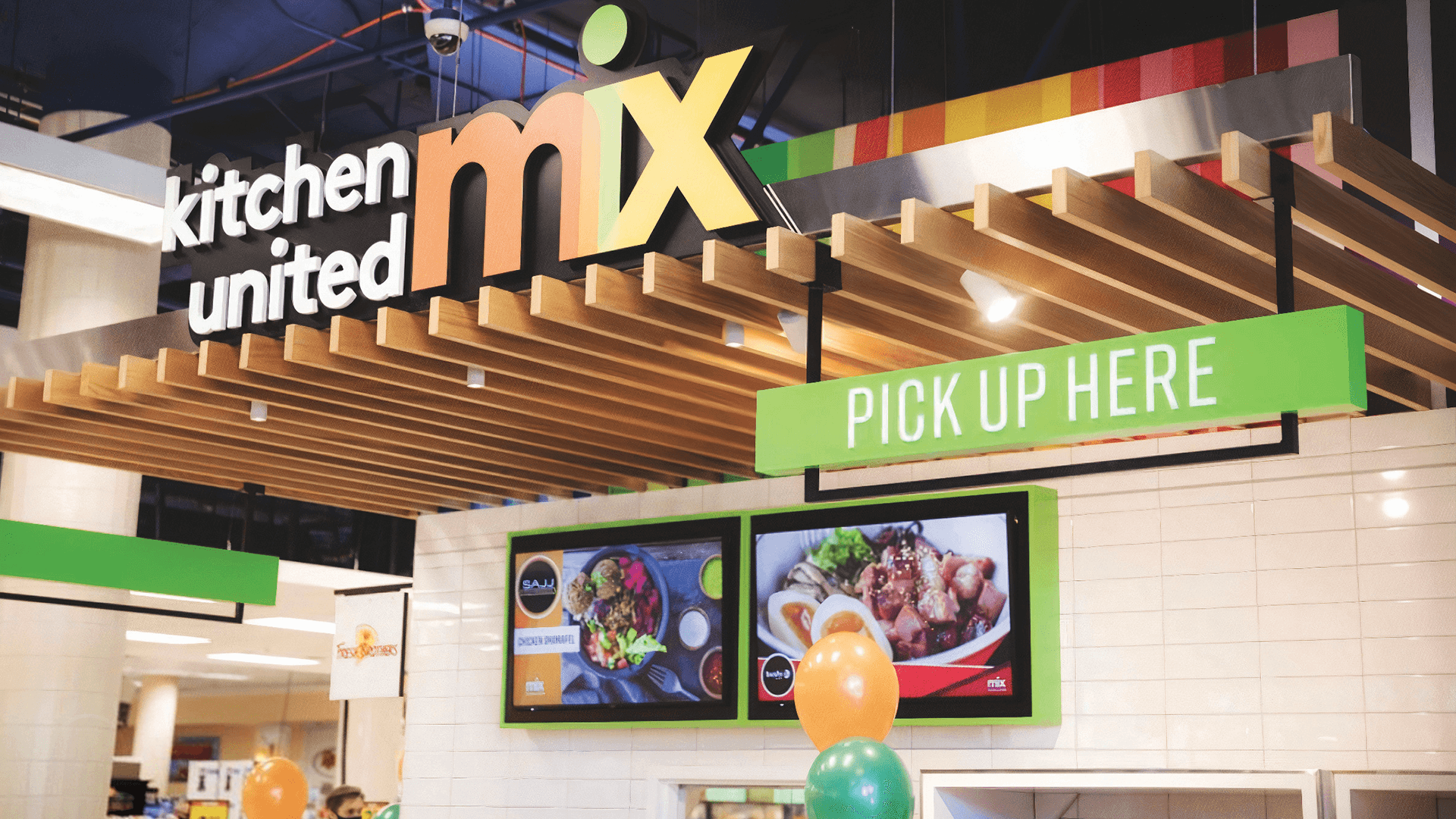
In response to dramatically changing consumption habits, cloud kitchens – sometimes also labelled ‘ghost’ or ‘dark’ kitchens – have emerged as a revolutionary addition to the food industry.
These centralised virtual commercial spaces that are used to prepare delivery-optimised menus, facilitate rapid growth for new food businesses that no longer require a physical restaurant or substantial capital investment, freeing up resources to focus on optimising marketing and streamlining logistics.
Heralded by some as the saviour of global delivery giant Deliveroo, the benefits for start-ups and delivery-focused businesses are clear, but whether cloud kitchens will be a long-term shot in the arm or a nail in the coffin for traditional providers is the subject of much discussion.
Certainly, the ability to avoid cumbersome regulations and access to more efficient inventory management, point of sale and kitchen display tech is an extremely attractive proposition.
This summer, ghost kitchen operator, Kitchen United, secured $100 million in funding towards expansion to 500 sites across the United States, with investors impressed with the potential of its aggregational technology.
Those establishments that favour ploughing a lone, analogue furrow without capitalising on these advancements may find themselves left behind.
As customers continue to favour convenience over home-cooking and smartphones and high-speed internet permeate more corners of the globe, the expansion of cloud kitchens is inevitable; its estimated market value of $57 billion in 2021 is forecast to almost double to $112 billion by 2027.
EVERYDAY ACTIVISM
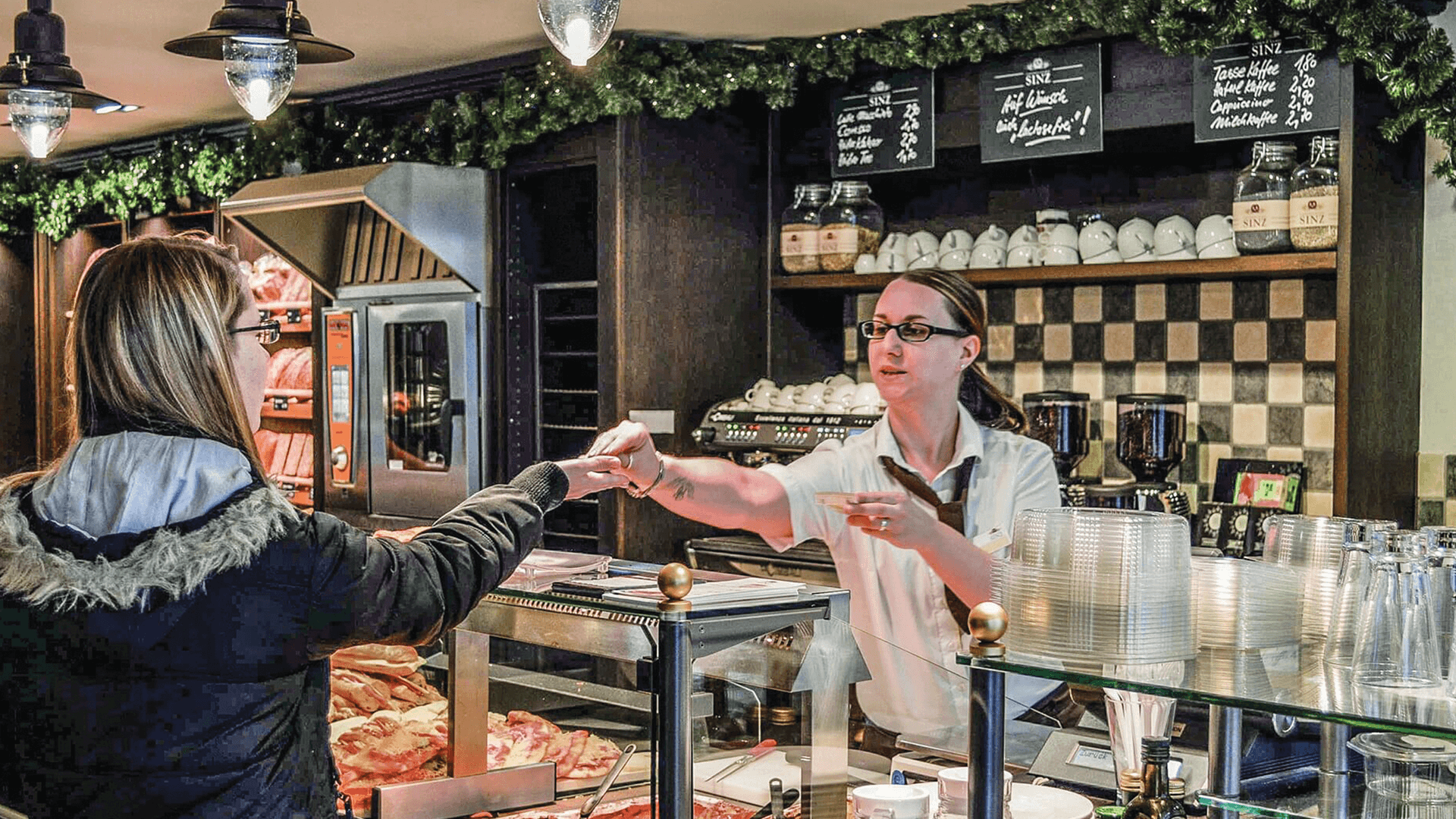
People care more than ever about the provenance of their food and a heightened sense of social and environmental responsibility means that consumers are increasingly discerning. Sustainability has become part of many citizens’ natural sensibilities and they are not just savvy but positively ruthless in sniffing out inauthenticity.
Greenwashing will become a relic as engaged consumers with strong personal values demand transparency from their food providers as a minimum requirement. This creates major challenges for restaurants and food businesses, for whom favouring sustainable producers, reducing food waste and cutting plastic and other nonrecyclable packaging from their supply chain inevitably means greater costs. Innovative solutions, industrywide initiatives and substantial government support are necessary if accountability for environmental and ethical standards and profitability are to go hand in hand.
MAKEAWAYS
THERE IS UNDOUBTEDLY AN APPETITE FOR MORE CURATED EAT-AT-HOME EXPERIENCES.
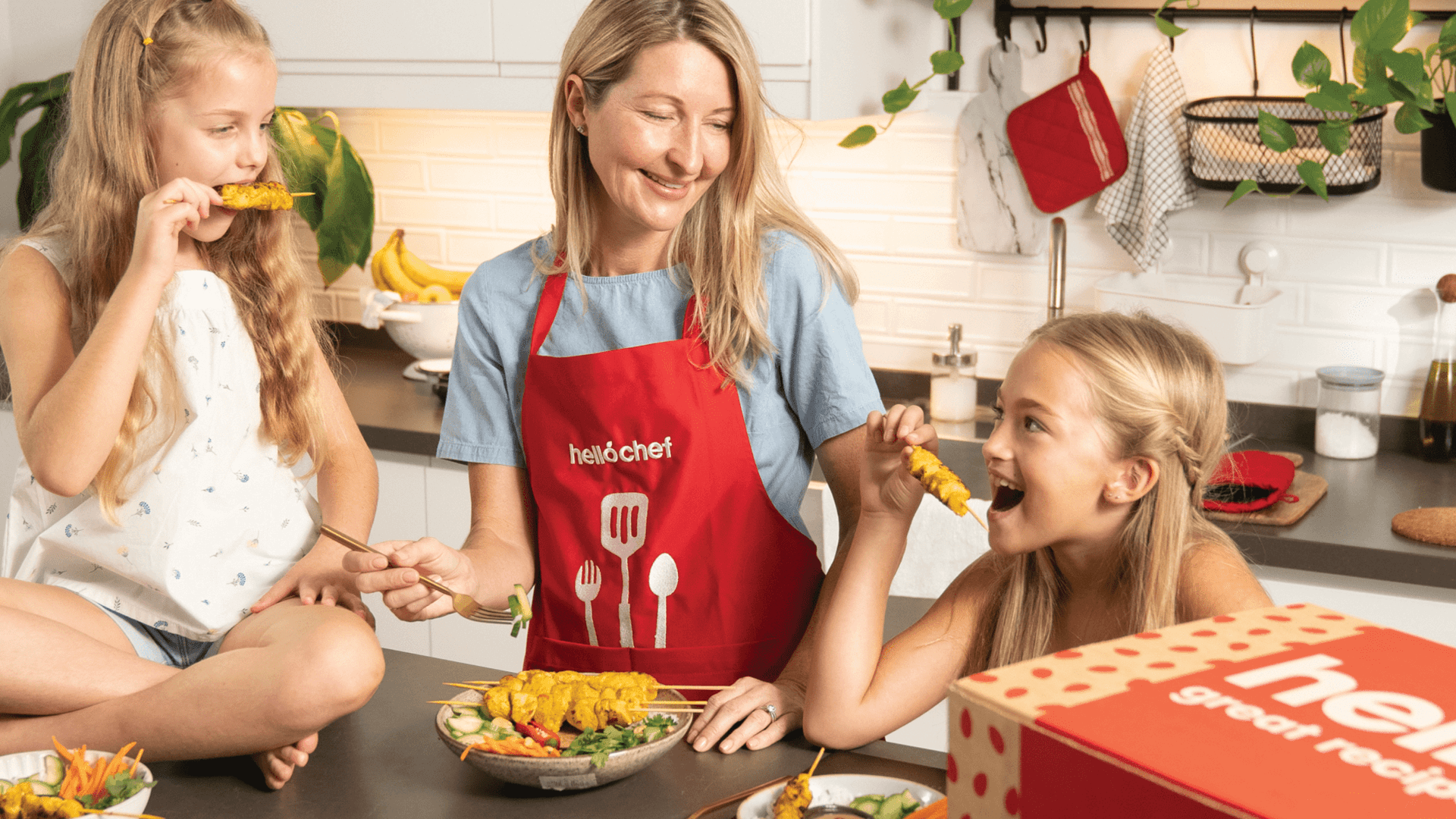
These meal kits ordered from restaurants to prepare in home kitchens have moved from pandemic ‘quick fixes’ into a genuine alternative revenue stream for restaurants. Early pioneers tended to be casual dining brands, but fine dining heavyweights have wholeheartedly jumped aboard the bandwagon.
Many are still going through a process of refining their offering – multi-course menus rather than a mirrored à la carte approach generally appears more profitable – but there is undoubtedly an appetite for more curated eat-at-home experiences. For some businesses, ‘makeaways’ will offer an opportunity for growth while for others it may serve to simply stabilise in uncertain times.
PROJECTS TO INSPIRE
MICHELIN GREEN STAR, WORLDWIDE
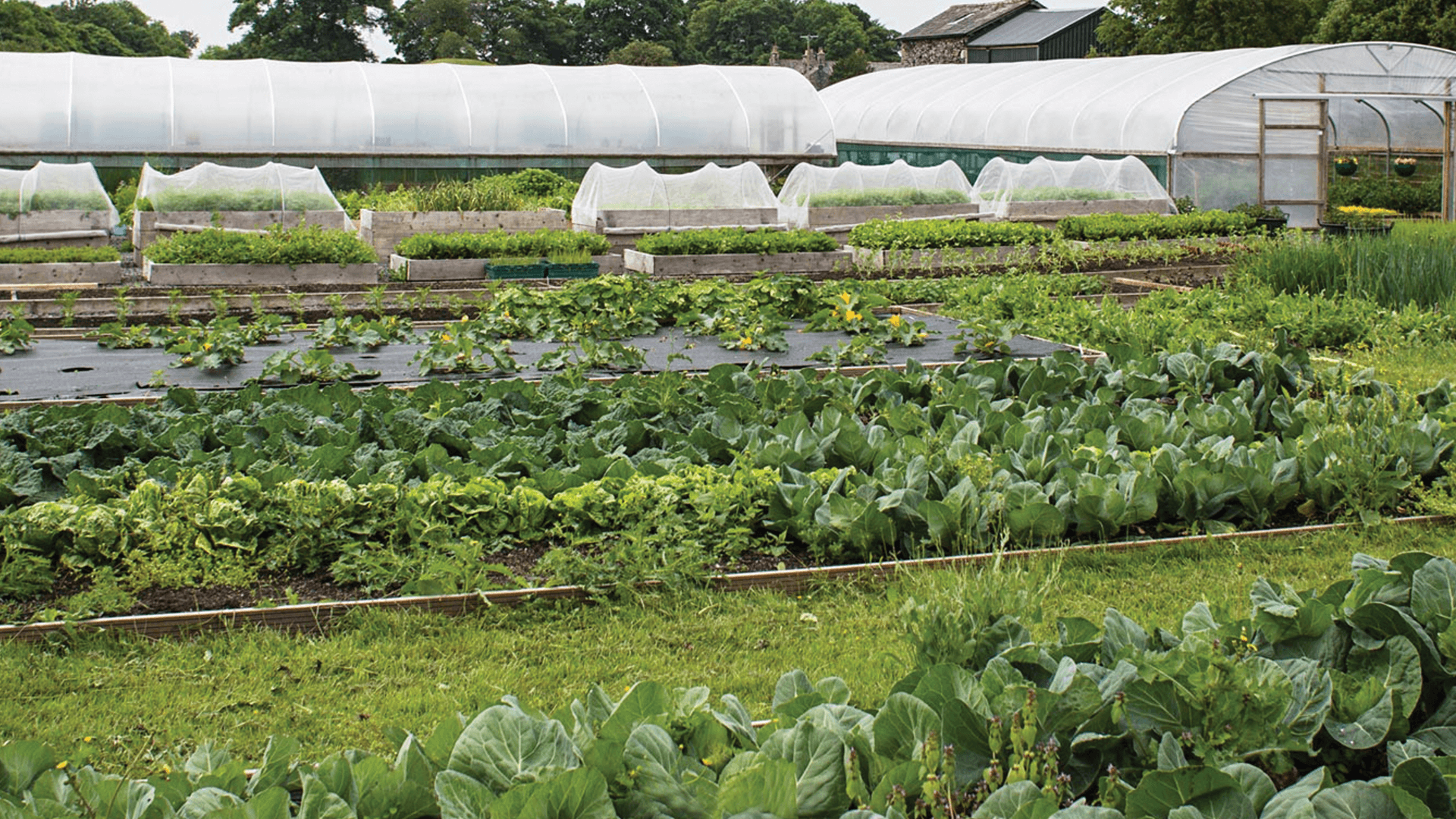
Since 2021, the iconic gastronomic guide has been rewarding restaurants that live and breathe an ethos of sustainability. This year handed its Green Star to 374 restaurants across the globe, an increase from the 291 recognised in the inaugural awards.
To receive the accolade, restaurants must show that they have contributed towards the transformation of gastronomic cuisine into a model that combines ecological responsibility and restaurant know-how.
Whether it be foraging for ingredients locally, building long-lasting relationships with farmers and fishermen or creating regenerative food solutions like cover crop growing and no-dig vegetable gardens – Green Star winners are industry leaders in terms of environmental footprint.
TOO GOOD TO GO, DENMARK
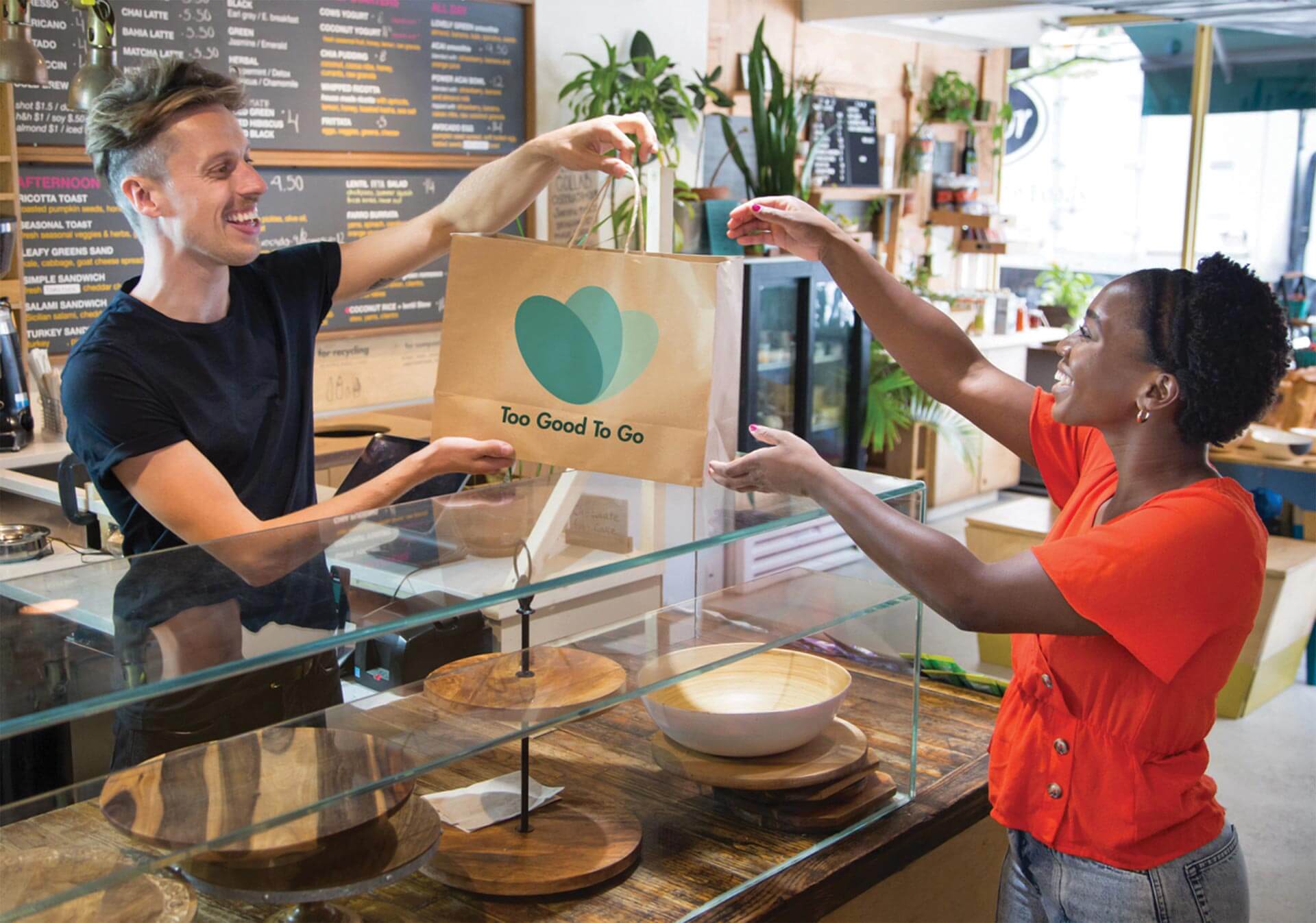
Named in TIME’s 100 Most Influential Companies list in 2022, the food waste app is determined to help people simultaneously save money and the planet. Now present in 17 countries including the UK, US and Canada, Too Good To Go is the world’s biggest B2C food-saving platform and connects businesses that have surplus food with customers who can purchase their meals at a discounted rate through the app.
Beyond its platform, Too Good To Go is a major player in food waste education and sits on the EU Platform on Food Losses and Food Waste, advising on food waste reduction targets and how to remove barriers to food donation.
CLOUDEATS, PHILIPPINES

Managing more than 50 brands, CloudEats has emerged as one of the stand-out incubators and innovators in the food delivery space in Southeast Asia. Led by CEO and co-founder, Kimberley Yao, CloudEats collaborates with aspirational new virtual brands, often with the help of strategic celebrity endorsement. It has combined digital marketing expertise and proprietary technology to help build exciting new food businesses across the Philippines and, since last December, Vietnam too, with further regional expansion anticipated.
